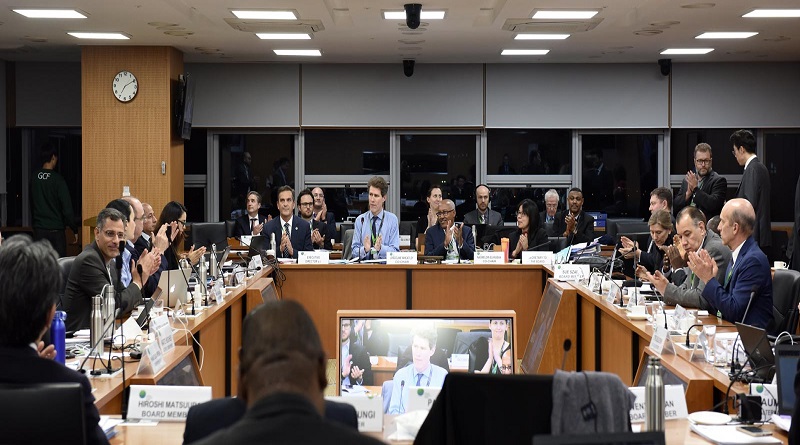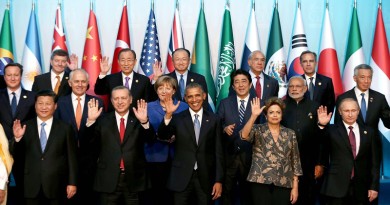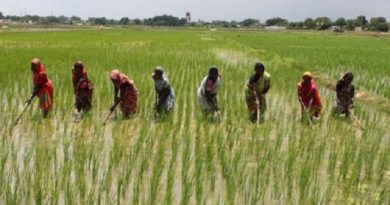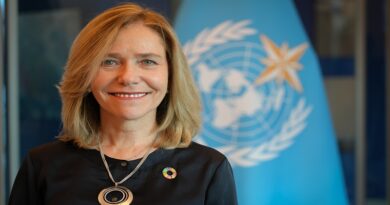GCF board to consider 16 new climate project proposals worth $1bn
Sixteen new climate project proposals totalling about USD 1.0 billion of GCF investment will be considered for approval at next week’s Green Climate Fund (GCF) Board Meeting.
The bold and innovative projects will reach the world’s most climate-vulnerable countries, with first-time single-country projects in Angola, Iraq, Somalia and COP29 host Azerbaijan. Four of the proposed 16 projects mobilise private sector investment. With the focus on innovative approaches to climate finance, the Board will consider a project introducing a ‘debt for climate conversion scheme.’ Within GCF’s push to streamline such access and facilitate wider partnerships, the Board will, for the first time, review a proposal under the pilot initiative Project-specific Assessment Approach (PSAA).
The Board will also review the accreditation of five new proposed organisations, three of which are Direct Access Entities, as GCF project implementing partners.
A new accreditation framework to simplify partners’ access to GCF funding and a proposal to mainstream results-based payments for REDD+ will be considered among the agenda items. In addition, the work programmes and budgets for 2025-2027 of the Secretariat and independent units will be presented.
GCF’s 40th Board Meeting (GCF B.40) will be held from 21 to 24 October 2024 in Songdo, Incheon, Republic of Korea.
This will be the third and last Board meeting of the year. If all 16 funding proposals are approved, GCF’s aggregated portfolio will comprise 286 projects, with a total GCF investment of more than USD 15.9 billion and an overall total of more than USD 61.5 billion, including co-financing by the year-end.
GCF B.40 will be attended by nearly 400 participants that include observers from civil society and private sector organisations, National Designated Authorities (NDAs), Accredited Entities and other partners who assist in delivering climate finance to developing countries.
GCF Board members and their alternates are drawn equally from developed and developing countries.




